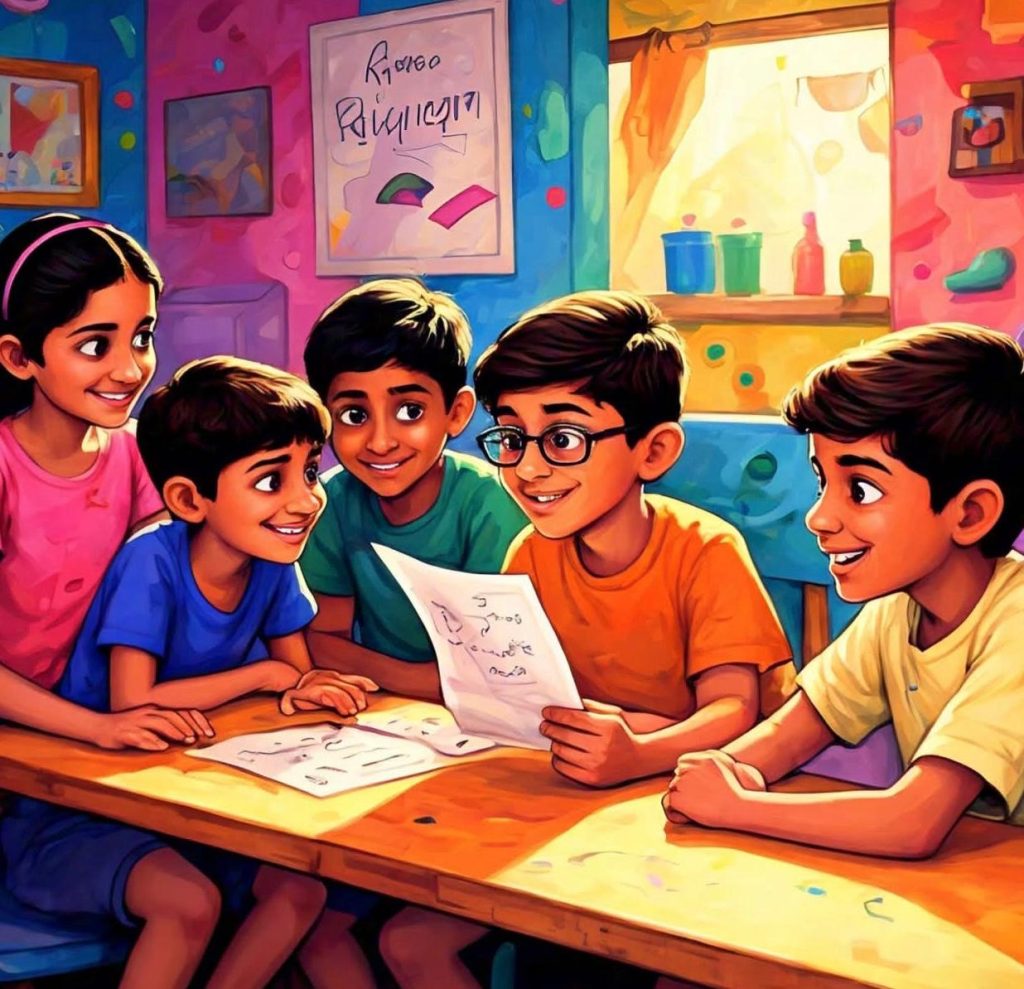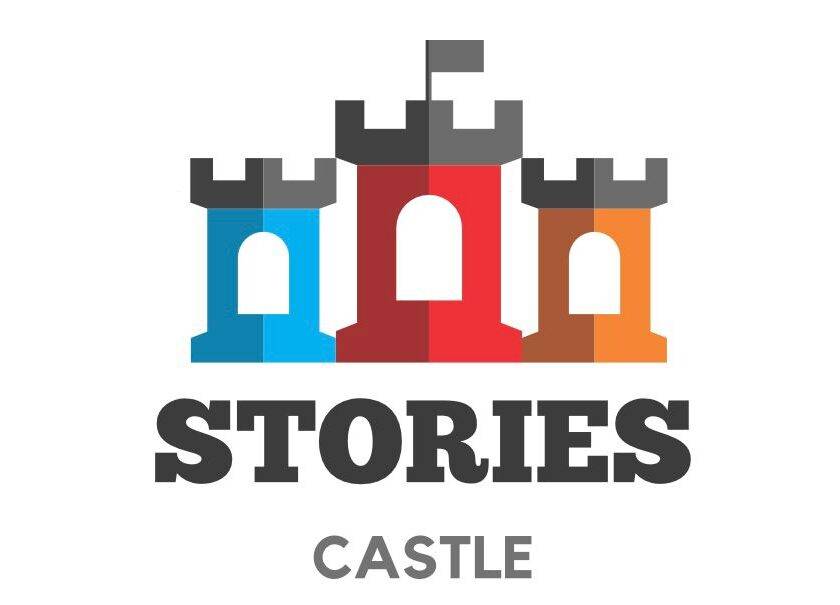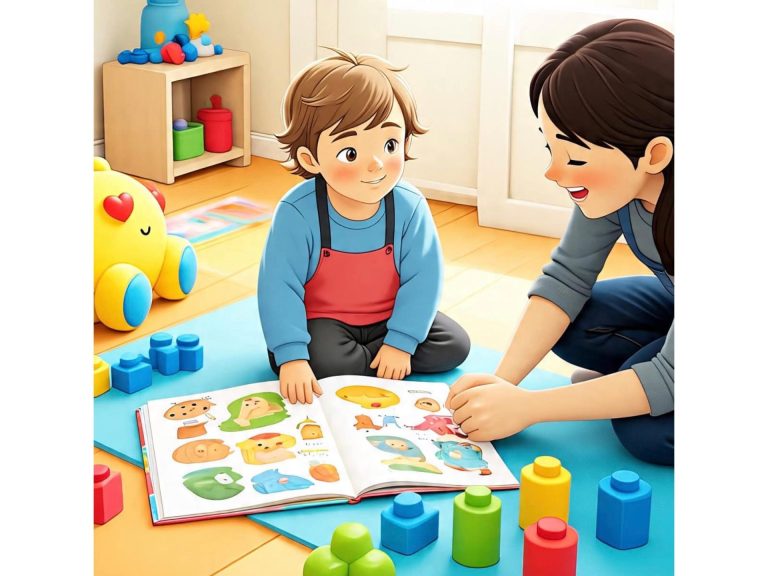Fun and Engaging Riddles for Kids | Boosting Creativity and Critical Thinking
This is the first article of a new Category that we have introduced to our website, (Riddles). Riddles are a fantastic way to engage children’s minds and encourage creative thinking. These playful puzzles not only entertain but also enhance problem-solving skills and cognitive development. In this article, we will explore the world of riddles for kids, their benefits, and share some fun examples that will keep young minds intrigued.
What Are Riddles?
Riddles are statements or questions that require thought and ingenuity to solve. They often involve wordplay, puns, or clever twists that challenge the reader or listener to think outside the box. Riddles can be categorized into two main types: enigmas, which are problems expressed in metaphorical language, and conundrums, which are questions that typically involve a pun.
Benefits of Riddles for Kids
- Enhances Critical Thinking: Solving riddles requires children to analyze information, recognize patterns, and think critically. This cognitive exercise helps improve their analytical skills.
- Boosts Vocabulary: Riddles often incorporate unique language and vocabulary. As kids engage with riddles, they expand their word bank and improve their language skills.
- Encourages Social Interaction: Sharing riddles is a fun group activity that can promote teamwork and communication among peers. It encourages kids to think collaboratively and share their ideas.
- Stimulates Creativity: Riddles challenge children to think creatively and explore different perspectives. This imaginative thinking is crucial for problem-solving in everyday life.
- Provides Entertainment: Riddles are a great source of entertainment. They can be used during family gatherings, classroom activities, or playdates to keep kids engaged and laughing.

Fun Riddles for Kids
Here are some delightful riddles that kids will enjoy solving:
1. Classic Riddles
- Riddle: What has keys but can’t open locks?
- Answer: A piano.
- Riddle: I’m tall when I’m young, and I’m short when I’m old. What am I?
- Answer: A candle.
2. Animal Riddles
- Riddle: What animal can you always find at a baseball game?
- Answer: A bat.
- Riddle: I can fly without wings. I can cry without eyes. Wherever I go, darkness flies. What am I?
- Answer: A cloud.
3. Food Riddles
- Riddle: What has to be broken before you can use it?
- Answer: An egg.
- Riddle: I’m round, I’m yellow, and I can be found in the sky. What am I?
- Answer: The sun.
4. Seasonal Riddles
- Riddle: What kind of tree can you carry in your hand?
- Answer: A palm tree.
- Riddle: What falls but never gets hurt?
- Answer: Snow.
How to Incorporate Riddles into Daily Life
- Family Game Nights: Include a riddle round during your family game nights to spark laughter and friendly competition.
- Classroom Activities: Teachers can use riddles as icebreakers or brain teasers to engage students.
- Travel Entertainment: Keep kids entertained during long trips by sharing riddles and challenging them to come up with their own.
Conclusion
Riddles for kids are not just fun; they are an excellent tool for cognitive development and social interaction. By incorporating riddles into daily activities, parents and educators can foster critical thinking, creativity, and a love for language. So, gather your family and friends, and start sharing some riddles today. Keep visiting us more often for some brain storming riddles, we will posting regularly. Plus do not forget to subscribe our YouTube channel.





